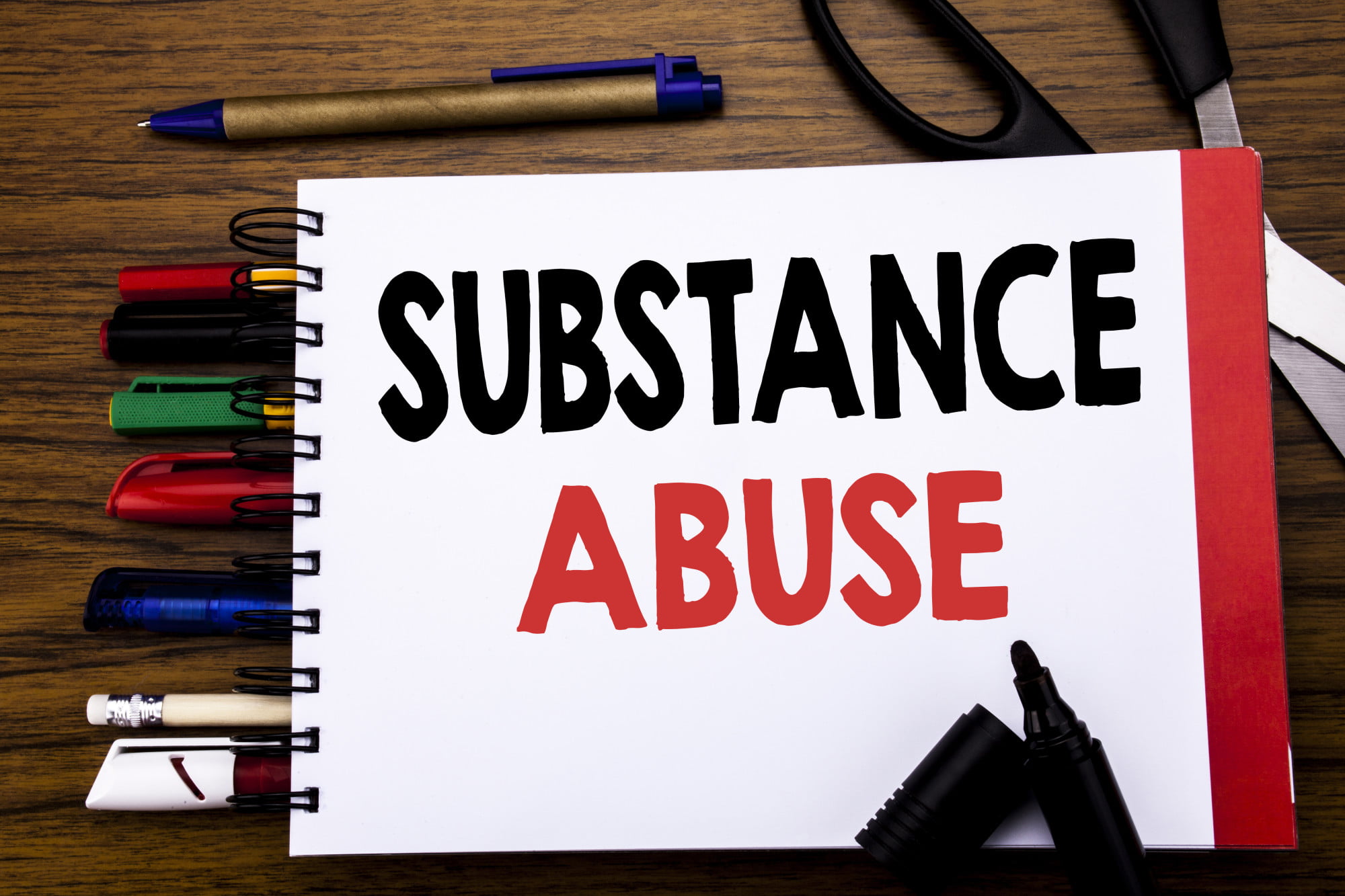Many people are shocked when they find out how common the use of illicit drugs is among high school students.
About 15% of high school students use illicit or injection drugs that many people consider to be much more serious than drugs like marijuana. On top of that, most adults who have substance abuse issues develop them during their teen years.
If your teen is struggling with alcoholism and drug abuse, talking to them about it can make a huge difference. At the same time, many teens are sensitive about such discussions. Parents who are aware of this sensitivity often feel unsure about how to have such discussions without causing unintended negative side effects.
However, people have struggled with this problem for many years and generated many solutions. Read on to learn about some of the best strategies to keep in mind when you are speaking with your teen about their alcoholism and drug abuse!
Remember You Can Talk About Drug Abuse Again
One of the most important things for people to remember before they talk to their teens is that they will have multiple opportunities to say what they need to say. You can think of talking to your teen about substance abuse and recovery as a marathon rather than a sprint.
If you try to force every important subject into the first talk, you may get off to a rocky start. Once that has happened, it can be much more difficult to proceed in a productive way. Even if this has already happened, you can still benefit from reflecting on this strategy.
The important thing is to get a productive dialogue going, not to solve all of your teen’s problems in the next discussion. Focus instead on building trust. When you lay a strong foundation, you will find it much easier to take positive steps forward in future discussions.
Make a Plan to Discuss Substance Abuse
Although you will have many chances to speak with your teen, it is still important to do your due diligence. Make a point of sitting down and thinking through many different ways you could talk with your teen about their substance or alcohol abuse. The more strategies you consider, the better the chance that you will find one that seems to fit the situation well.
Once you have your list of possible strategies, think through at least one advantage and one disadvantage of each strategy. If there is a particular strategy that seems risky or has a lot of disadvantages, consider putting it aside for now. Even if it seems like an important strategy in some way, you can always come back to it later in future discussions.
Start by Talking About Alcohol Abuse
Some people feel that alcohol abuse is less extreme than drug abuse. As a result, it might be easier for you to start discussing alcohol abuse with your teen rather than more sensitive alternatives.
If you have used alcohol yourself, you can share some of your perspectives on why you sometimes drink alcohol. You can also speak about what you understand about others you know who drink alcohol.
Keep in mind that your teen is probably drinking or using substances with other people. That means they will hear about other people’s perspectives and why they think what they are doing is okay.
If you seem not to understand these perspectives, your teen may place less weight on your opinions or ideas. Some parents are afraid to acknowledge even the slightest positive thing about using alcohol or drugs. However, it is impossible to keep your teen from being exposed to positive opinions of substance and alcohol abuse.
Therefore, your goal should be to balance their perspective rather than to somehow keep them from hearing anything positive about alcohol and drugs.
Try Out Teen Rehabilitation Activities Together
Many people turn to drugs and alcohol as an escape from negative emotions and experiences. Many of the most successful rehabilitation activities involve finding other ways to find meaning and escape in life.
Consider trying out some of these positive activities together with your teen. You do not even necessarily need to do so in the context of addressing their alcohol or substance abuse. Exercising, meditating, or volunteering together can give your teen new tools for managing their emotions.
Help Your Teen Think About Addiction Recovery
Many teens start to use drugs and alcohol without thinking about what they will do in the long run. Some teens even have a vague sense that they will stop at some point, but they keep abusing substances because they have no specific plan.
Consider helping your teen to write down what they think about drugs and alcohol. Encourage them to write about what they think the results of using them will be in the long run.
The clearer you can help your teen think about substance and alcohol abuse, the better the chance they will want to quit using them. That can also make them more open to participating in recovery services.
Know How to Talk to Your Teen About Alcoholism and Drug Abuse
For many parents and guardians, talking to their teen about alcoholism and drug abuse can feel almost impossible. When they try to force themselves to get through it anyway, it can make the process even more difficult than it has to be. Learning more about these strategies can help you have a plan and talk to your teen in a calm and effective way.
To learn more about how to find the support your teen needs for their recovery, reach out and get in touch with us here at any time!

